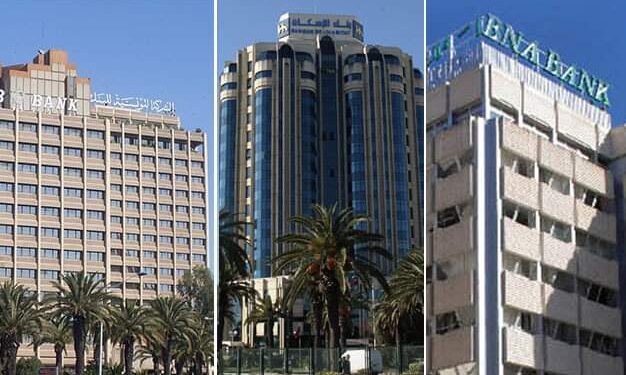Assessed at more than 6,800 million dinars, the questionable receivables of the three main public banks represent almost half of the expected revenues of criminal reconciliation. A major issue for economic recovery and regional development.
The questionable claims of the main Tunisian public banks – the Tunisian Bank Company (STB), the BH Bank and the National Agricultural Bank (BNA) – amount to 6,874.4 million dinars, or about 50.9% of the expected income of criminal reconciliation, estimated at 13,500 million dinars.
These figures come from 2024 activity reports published by the Financial Market Council (CMF). The classification of these claims is based on regulatory texts, including the Central Bank Circular No. 91-2024 of December 17, 1991 and that 06 of November 28, 2006 on the internal control of banking establishments.
Law No. 3 of January 18, 2024, which modifies decree n ° 13 of 2022, frames the mechanisms of criminal reconciliation. It provides that 80% of the income generated will be allocated to the financing of development projects, primarily in the most disadvantaged delegations, while 20% will be intended for local authorities to support the citizen economy.
In this dynamic, the recovery of questionable claims of the three public banks is a significant potential source of financing. The STB holds the most important part of these debts (3159 MD), followed by the BH BANK (2048.4 MD) and the BNA (1667 MD).
President Kaïs Saïed has repeatedly stressed the importance of recovering the diverted funds in order to strengthen the social role of the State and to support development efforts. He called on public institutions, notably banking and financial, to be actively involved in this national recovery strategy.








